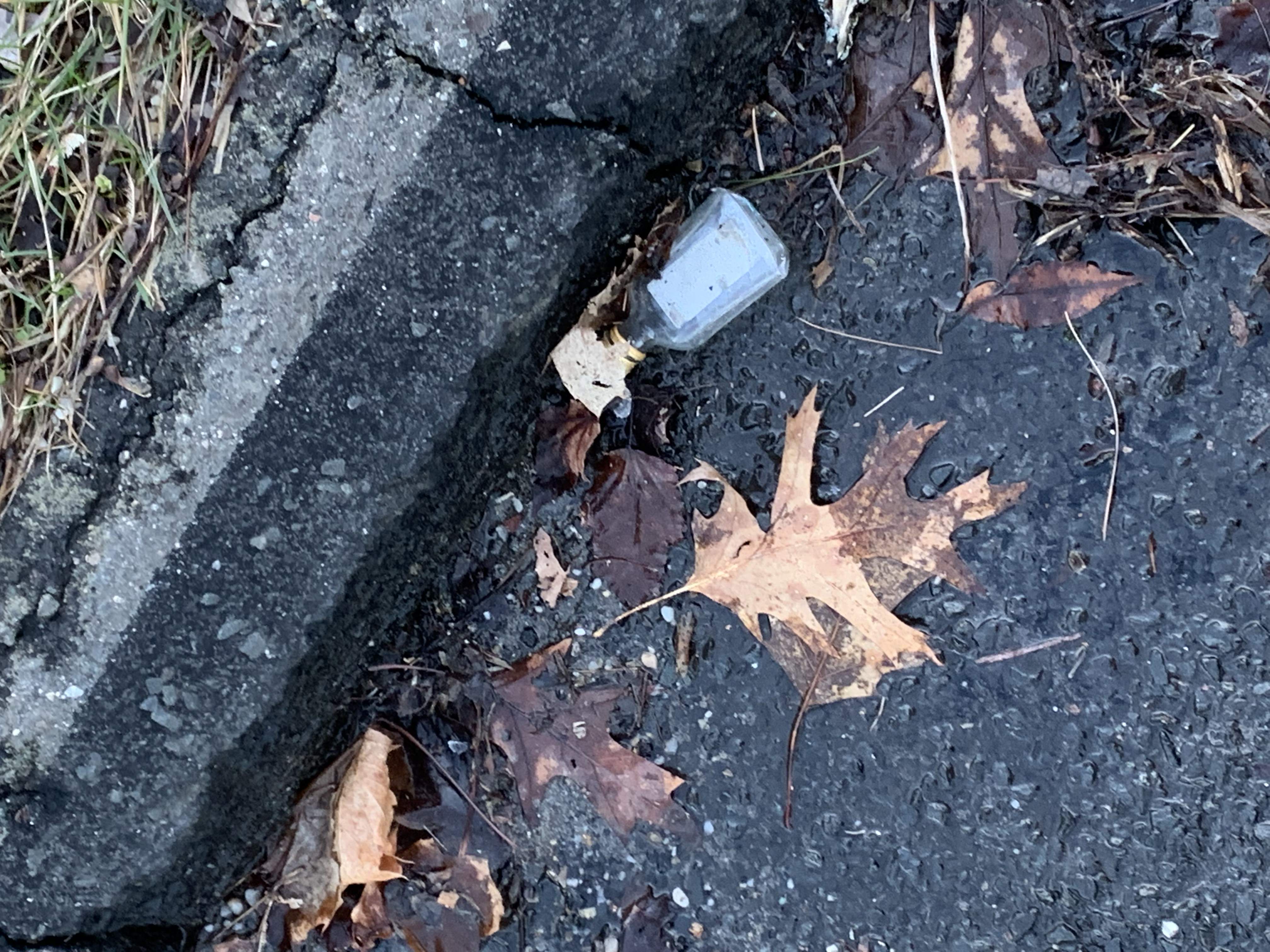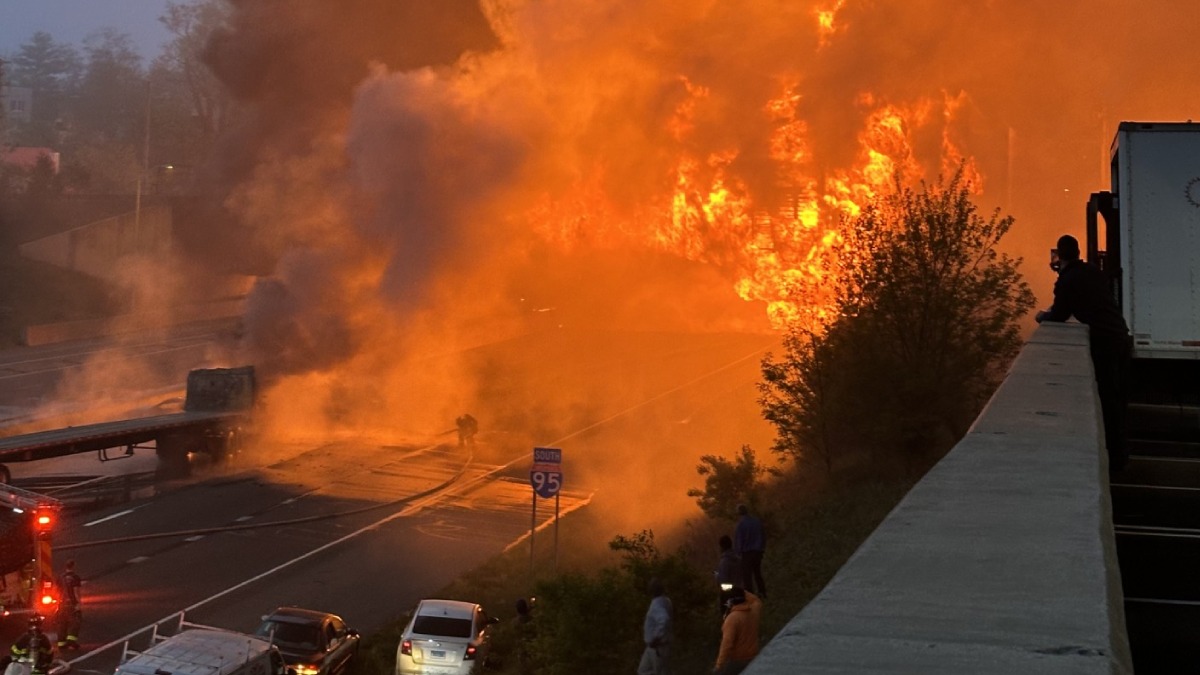You don’t have to look far to find people who have been burned by fake tickets to concerts and sporting events in Connecticut.
Sebastian Calvo said it almost happened to him as he tried to buy tickets to a UConn game at Madison Square Garden from a scalper.
"I brought the guy to the box office, and scanned the ticket, and it was a fake ticket, and he ran and took off."
Chris Lawrence, the general manager at the XL Center in Hartford and Rentschler Field in East Hartford, says the percentage of fake tickets goes up when the event is more in demand.
"Some are higher than others, I’d say anywhere, maybe less than 10 percent, to be honest."
There are signs you can look for to make sure your ticket is not a fake. Lawrence says each ticket for his venues has a unique bar code, event code, and now, hologram.
He suggests analyzing your ticket for things like misplaced punctuation, misspellings, and even things missing on a ticket that you would expect to see.
"Make sure that you are getting a seat, a section, a number, basically anything that goes on a ticket. Because sometimes you will see a section and a row but there won’t be a seat," Lawrence said.
Lawrence and consumer advocates say the best way to verify that your tickets are real is to purchase them through the venues or their official websites.
"Hopefully through the box office is real. So, I don’t do anything online, I go straight to the box office," said Catherine Currie, of Hartford.
Investigations
Though, sometimes tickets aren’t easy to get at the box office, and buyers turn to ticket reseller to get them. Large, national ticket reseller marketplaces like South Windsor based Ticket Network, for example, say they take multiple steps to make sure customers do not get turned away at the turnstile. That includes a ticket broker rating system.
"We vet any broker that’s on our system," said Jay Mullarkey, Vice President of Ticket Network. "We make sure that the tickets they are sending us are real. We sometimes ask for proof of inventory from particular brokers."
People in the ticket industry say the real trouble starts when people buy on Craigslist, or on the street right before an event. Experts say if buyers do purchase tickets that way, demand a purchase receipt and the serial number on the ticket, and check it.



